Keywords: Gas
There are more than 200 results, only the first 200 are displayed here.
-
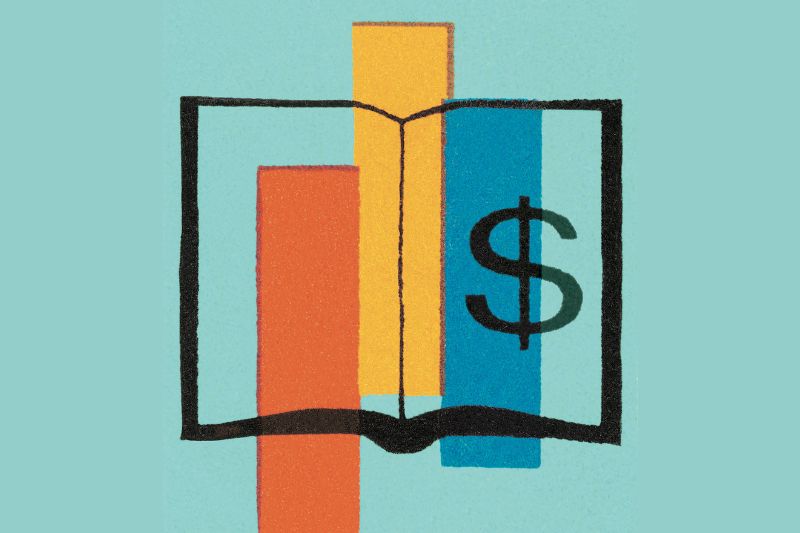
ECONOMICS
- David James
- 16 November 2022
1 Comment
Financial markets are made up of human beings and human beings have always been storytellers — long before science, or modern finance, or accounting even existed. Accordingly, the main skill of successful analysts, advisers, financial gurus and commentators is the construction of compelling narratives. They are, if not exactly creators of fairy stories, not too far removed from it.
READ MORE 
-

ARTS AND CULTURE
- Gillian Bouras
- 11 October 2022
Jonathan Freedland’s book is an extremely harrowing tour de force: at one stage I could read only a chapter at a time. But by the end I had been reminded of the power of the human spirit, and of the way in which some people, those with a sense of mission, can endure almost any trial. Resilience is a great gift.
READ MORE 
-
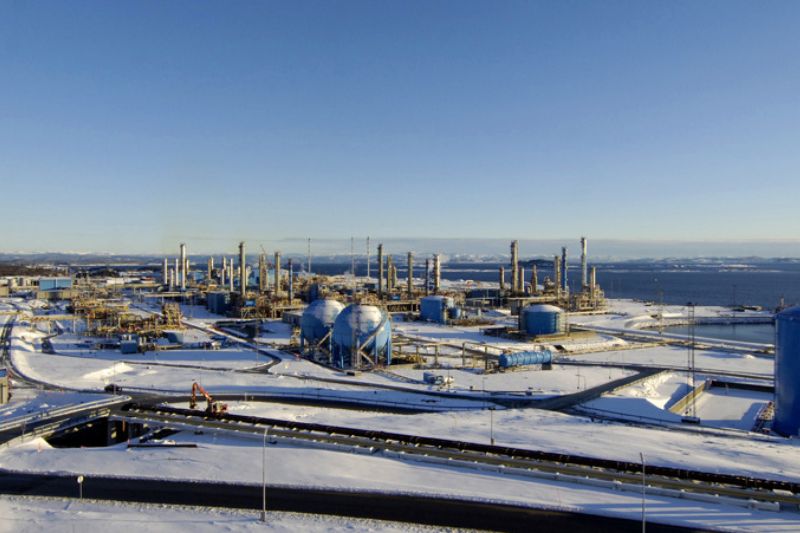
ECONOMICS
- David James
- 03 October 2022
5 Comments
For Europe, especially Germany, there should be enough gas in storage to limp through winter but by next spring there may be severe trouble. The leaders of Europe and the United States expected that they would win the economic war against Russia and force the invader to withdraw. Not only did that not happen, it is likely to lead to severe unintended economic consequences.
READ MORE 
-
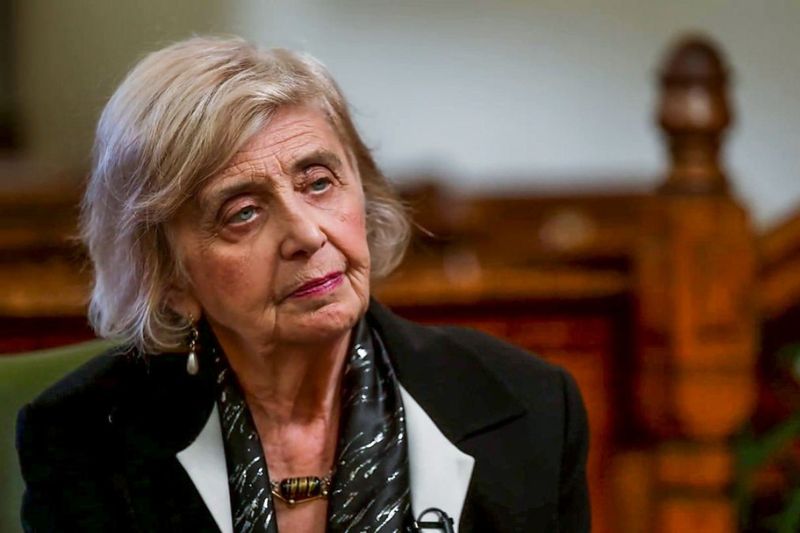
ARTS AND CULTURE
- Gillian Bouras
- 29 September 2022
5 Comments
Humans depend greatly on hope. In a recent interview, Tova Friedman discusses her book The Daughter of Auschwitz, the memoir of the part of her childhood spent in the eponymous and notorious concentration camp. Can someone who has seen first hand the depths of human depravity be at all hopeful about the future?
READ MORE 
-
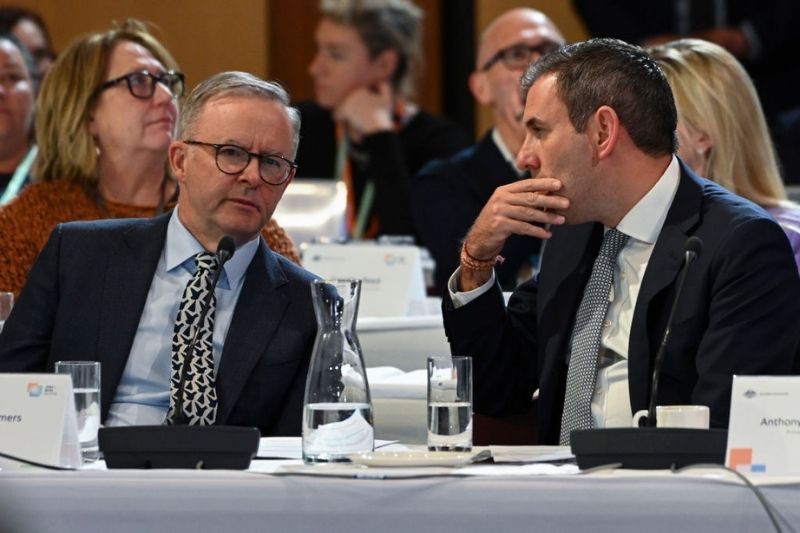
AUSTRALIA
- Andrew Hamilton
- 06 September 2022
3 Comments
The policy of the Labor Government can be described as steady as she goes. This does not mean that it will simply follow the policies of the previous government. Its reading is that the ship of state has been becalmed, responding haphazardly to the political winds with no sense of direction or destination. It had become the ship of fools. The new Government then has committed itself to show that there are captain on board and a competent, disciplined crew that can work together.
READ MORE 
-

INTERNATIONAL
- Michael McVeigh
- 18 July 2022
If there is another civilisation out there peering into the skies like us, what would they see as they catch a glimpse of life on Earth in the 21st century? I wonder what they would make of our preoccupations, and what they might see through their powerful lenses that we ourselves cannot?
READ MORE 
-
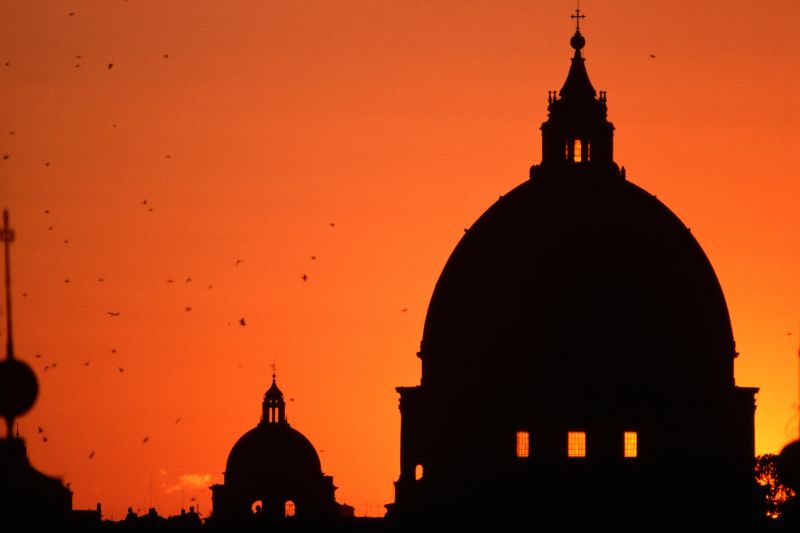
ENVIRONMENT
- Stephen Minas
- 14 July 2022
3 Comments
Indicating the Vatican will be stepping up its climate diplomacy, the Holy See is now a formal party to the UN Framework Convention on Climate Change and has declared it intends also to formally join the 2015 Paris Agreement. The Holy See announced that it would be acceding to the Paris Agreement as soon as that treaty’s ‘legal requirements’ allow.
READ MORE 
-
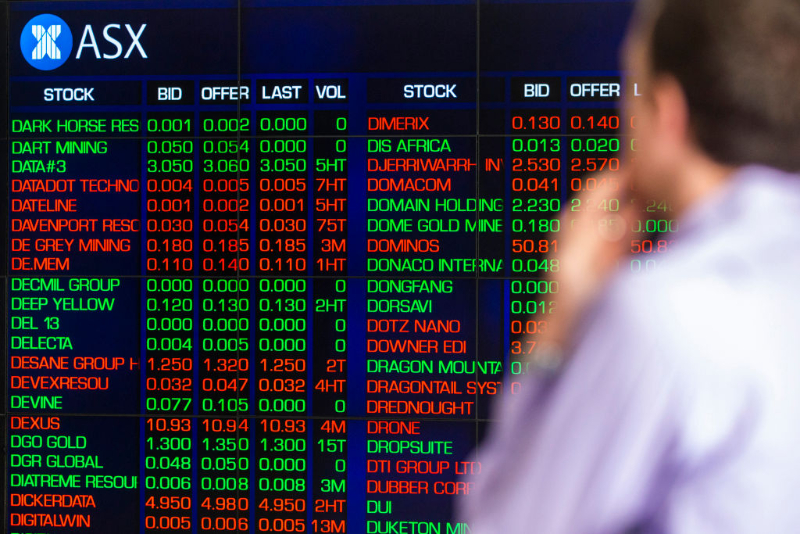
ECONOMICS
As commodity prices and inflation soar in the ‘real’ world we may be witnessing a prelude to another 2008-style crisis triggered by the foreign exchange markets. The risks certainly look similar and can be described with a simple question. Can the fictions produced by out-of-control financial actors survive reality?
READ MORE 
-
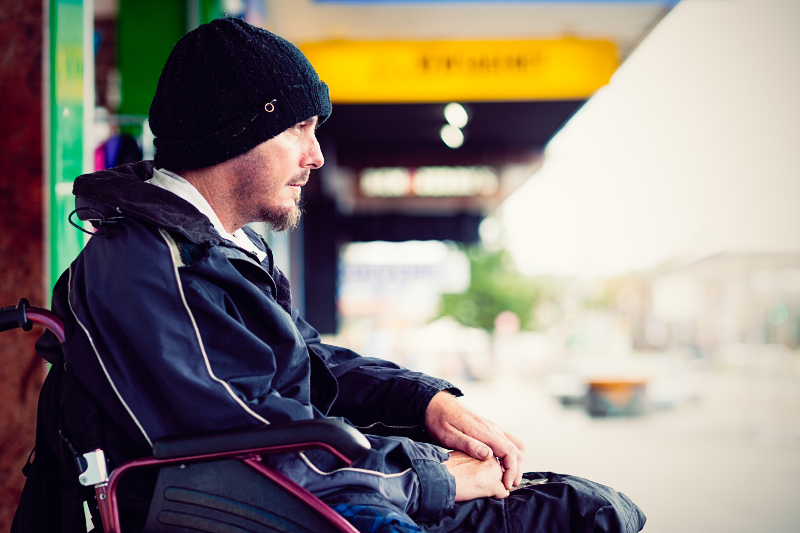
AUSTRALIA
- Claire Victory
- 19 May 2022
1 Comment
There is an Australia that many people seldom encounter and its citizens number in the millions. These citizens live in all cities and regional towns, often in sub-standard yet costly housing, and struggle to survive week to week on low wages or inadequate government assistance.
READ MORE 
-
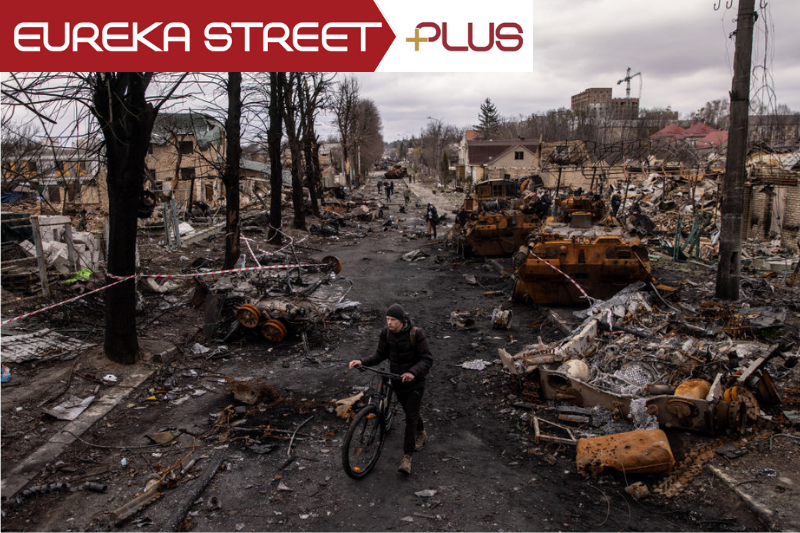
INTERNATIONAL
- Andrew Hamilton, David Halliday, Michele Frankeni, Stewart Braun
- 19 May 2022
5 Comments
We are now three months into the Ukraine war. From an invasion it has turned into a war of attrition that has cost many lives, displaced civilians, destroyed cities, and led to sanctions and the making of alliances with effects that have spread suffering far beyond Ukraine. In this Roundtable, Andrew Hamilton SJ, David Halliday, Michele Frankeni and Dr Stewart Braun explore the ethics of the war and likely paths to peace.
READ MORE 
-
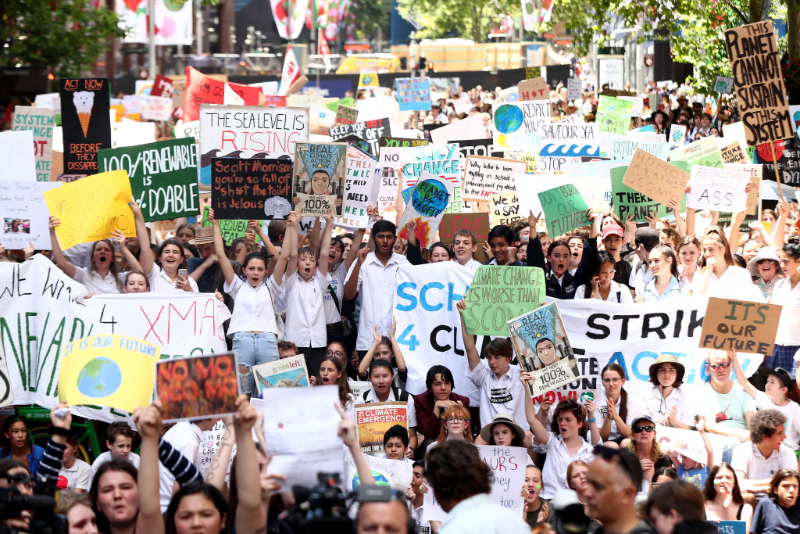
AUSTRALIA
- Binoy Kampmark
- 07 April 2022
10 Comments
The children have been busy. On matters of environmental justice, Australia has witnessed much legal activity from youthful citizens who, despite in some cases not being old enough to vote, have stirred politics. In 2021, five lodged complaints with the United Nations over the failure of the Australian government to cut, in a meaningful way, greenhouse gas emissions by 2030.
READ MORE 
-
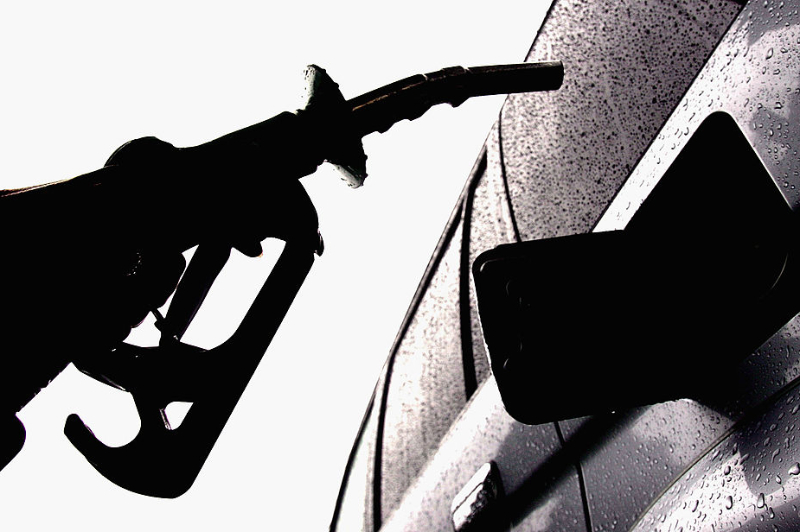
ECONOMICS
- David James
- 22 March 2022
5 Comments
Russia’s invasion of Ukraine has led to severe financial sanctions being imposed on the country that are likely to have lasting consequences. Problem is, they may not be the ones the sanctioners are expecting. They may even come to regret what they have done.
READ MORE 